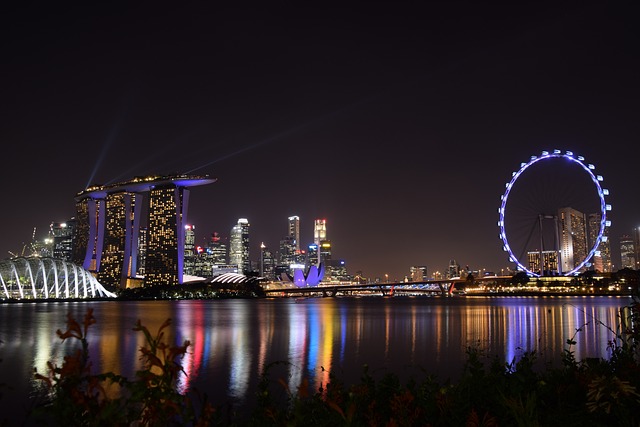- Effective September 1, transport service stakeholders handling cargo at Singapore Port face greater operational challenges as they have to comply with a new set of rules
- Singapore authorities cited a revised “free trade zone regime” implemented in March 2024 which calls for advanced or pre-filing of export/import/transhipment cargo information
- Import cargo information on long-haul trades must be submitted 12 hours before each vessel’s arrival in Singapore Port
Singapore is set to adopt tighter customs rules effective September 1, 2024.
Singapore authorities cited a revised “free trade zone (FTZ) regime” implemented in March 2024 which calls for advanced or pre-filing of export/import/transhipment cargo information.
Import cargo information on long-haul trades must be submitted 12 hours before each vessel’s arrival in Singapore Port, while for short-haul trades, the requirement must be accomplished not later than the vessel’s departure from port.
For export cargo, submissions must be filed within 24 hours after the vessel’s port departure.
Non-compliance will result in significant penalty for ship agents, which eventually trickles down to cargo owners.
In a customer advisory, Hapag-Lloyd said, “Singapore Customs will review the cases of missing, late, or inaccurate submission of B/L (bill of lading) data on a case-to-case basis, to determine the reasons for non-compliance and the appropriate penalty to be imposed.”
Hapag-Lloyd also said that if any shipping agent, without reasonable excuse, fails to comply with the specified requirements “shall be liable on conviction to a fine not exceeding SGD 10,000 or to imprisonment for a term not exceeding 12 months or both.”
Industry observers, however, say any regulatory reforms with time-definite compliance requirements could be painful for service providers. This is due to the complexity of global supply chains and the amount of data management usually involved.
As an example, in 2018, New Delhi designed and rolled out a new cargo manifests regime, similar to the 24-hour advance cargo manifest declaration for US cargo.
Its implementation has been slow due to various industry concerns.
Industry groups are currently working with customs and other related agencies on fixing various unsettled pain points.









